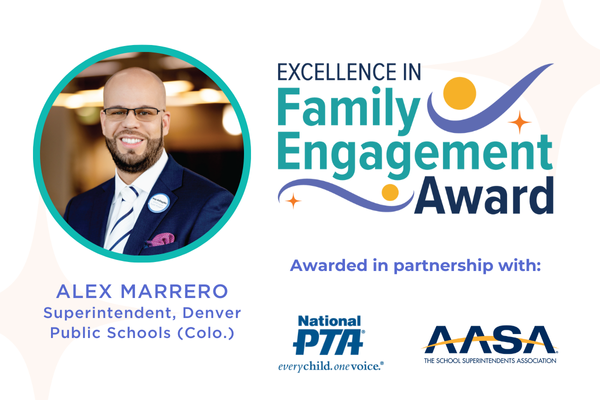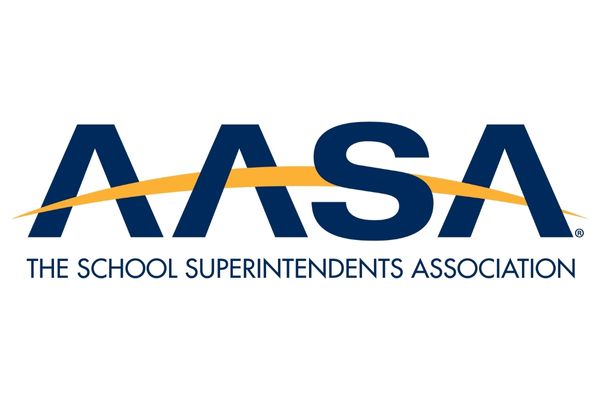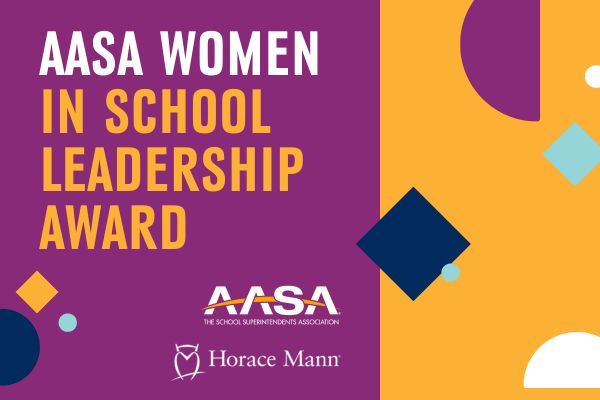AASA, Epistemix Work to Ensure Safer School Reopenings in COVID Environment
October 15, 2020
FOR IMMEDIATE RELEASE
Contact:
James Minichello
703-875-0723
703-774-6953 (cell)
jminichello@aasa.org
Alexandria, Va. – October 15, 2020 – As the nation continues to navigate through COVID-19, AASA, The School Superintendents Association and Epistemix are teaming up to help school systems leverage best in-class data and epidemiological practice to determine safe reopening strategies.
The Pittsburgh-based company has spent decades leading the response to smallpox, measles, HIV, SARS and other epidemics by simulating how they spread through schools and communities under different scenarios.
“Educators, students, parents and staff are struggling to figure out how to keep kids and communities safe and how to enable learning in the face of an unprecedented pandemic,” said John Cordier, chief executive officer, Epistemix. “We are determined to provide superintendents with data-informed analyses for their specific situations to formulate and compare opening strategies for their schools and better understand the impact of their decisions. The pandemic represents an opportunity for us all to leverage data and scientific best practices to build more resilient communities.”
“In addition to making the usual safety, operational and educational decisions, superintendents are now expected to assess the current landscape in order to make critical choices regarding public health,” said Neil English, superintendent, Riverview (Pa.) School District. “Navigating the health crisis is unchartered territory, and school leaders are tirelessly managing the confluence of local, state and federal mandates, CDC guidelines, and local health metrics in order to assess risk and make informed decisions regarding the health and safety of the students and their families.”
Epistemix’s Framework for Reconstructing Epidemiological Dynamics (FRED) is an agent-based modeling platform for simulating how conditions spread through populations. FRED is used to figure out how and why particular conditions—such as diseases, ideas, behaviors, attitudes and economic status—impact communities so that leaders can improve their policy interventions with specific, local data.
“Superintendents must make crucial decisions that impact both educational outcomes and public health,” said Chuck Woodruff, chief operating officer, AASA. “AASA is steadfastly focused on providing school system leaders with the resources and support necessary to help guide school districts through the pandemic.”
“As superintendents are not public health experts, at times this can feel like flying in the dark,” added English. “Epistemix helps to lead the way by providing much needed projection and modeling data that can help superintendents make more informed decisions; and more informed decisions are a valuable commodity in the wake of COVID-19.”
For more information about Epistemix, visit https://blog.epistemix.com/case-studies/strategies-for-reopening-k-12-schools.
###
About AASA
AASA, The School Superintendents Association, founded in 1865, is the professional organization for more than 13,000 educational leaders in the United States and throughout the world. AASA’s mission is to support and develop effective school system leaders who are dedicated to equitable access for all students to the highest quality public education. For more information, visit www.aasa.org.
About Epistemix
Epistemix empowers leaders to make better decisions by simulating how diseases, ideas, and emergent phenomena spread through communities. We leverage decades of epidemiological experience, diverse datasets, and scientific best-practice to build computational models that forecast the health impacts of policy interventions, so that organizations can take informed action. We are currently working with school districts and state governments across the United States to evaluate opening strategies and gauge COVID-19 response.



